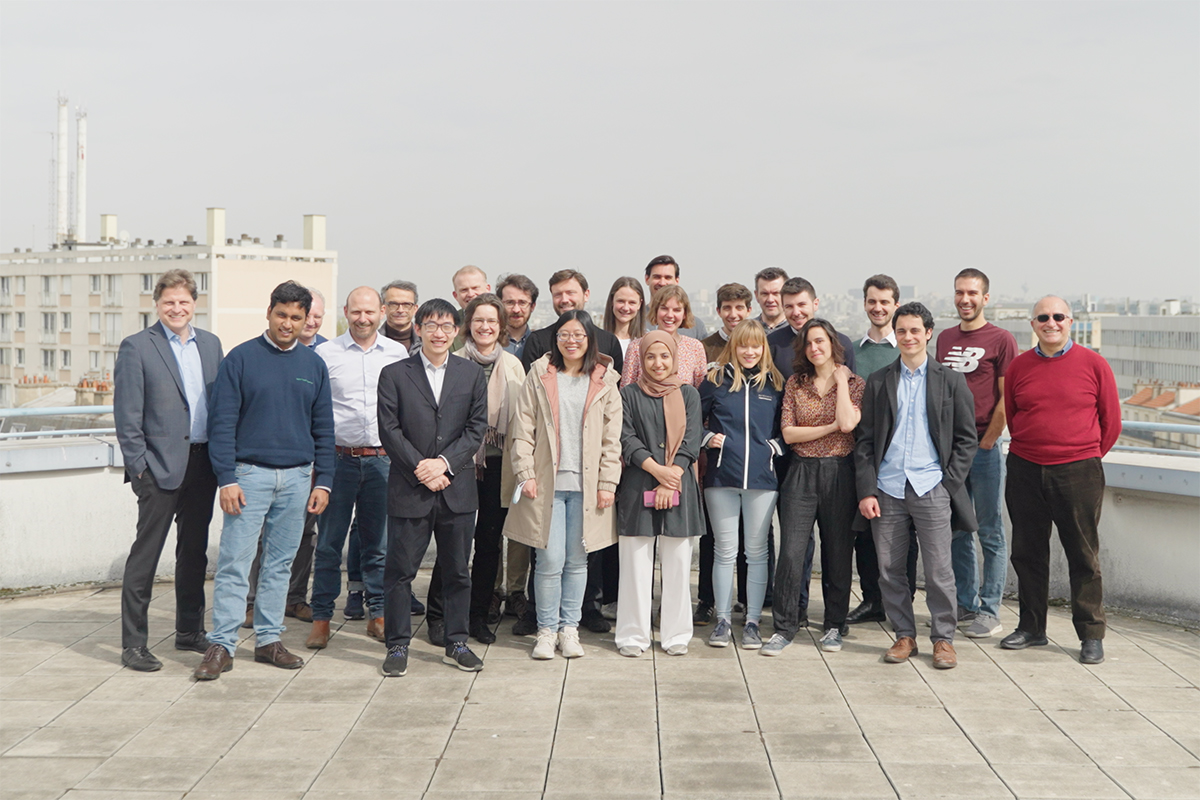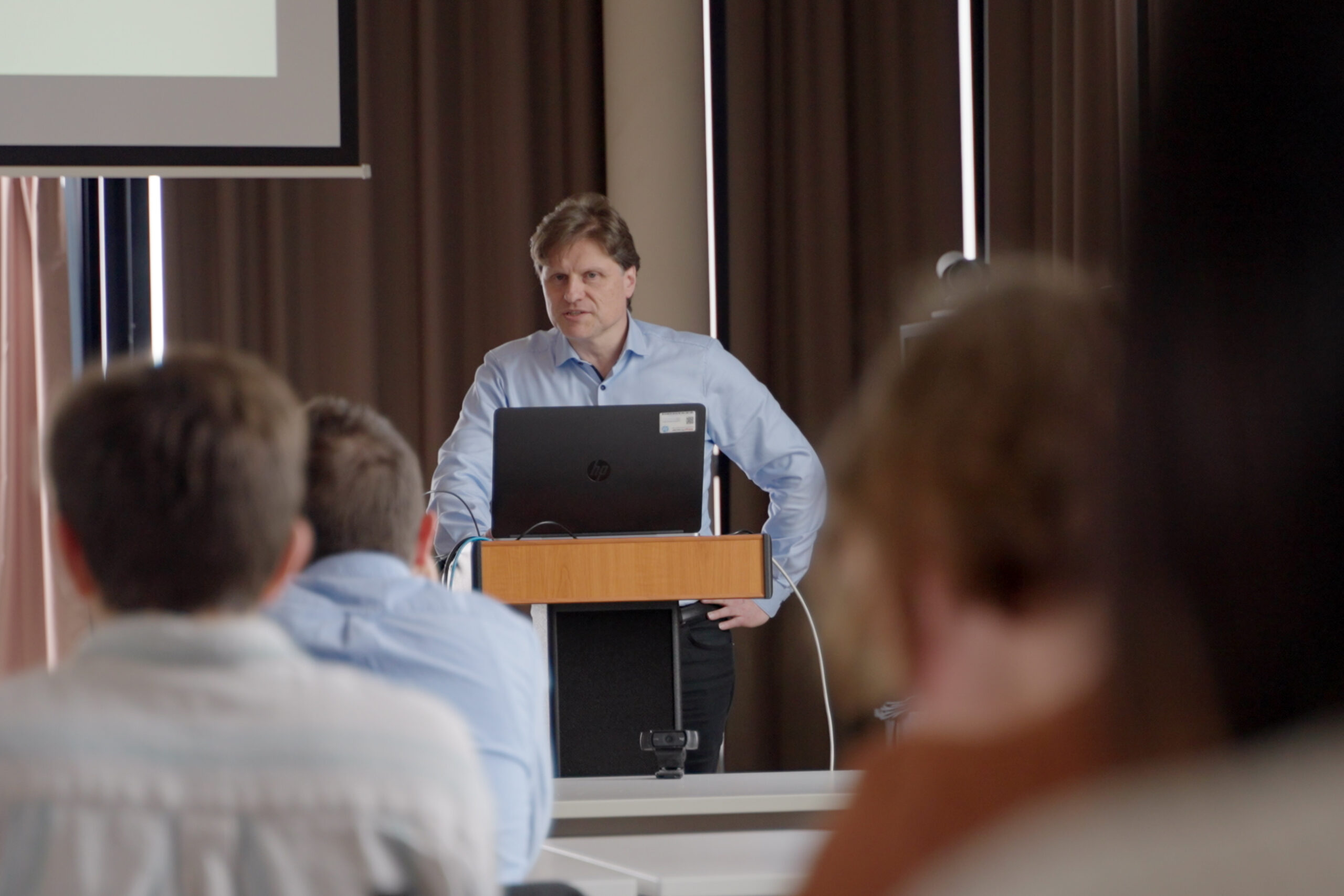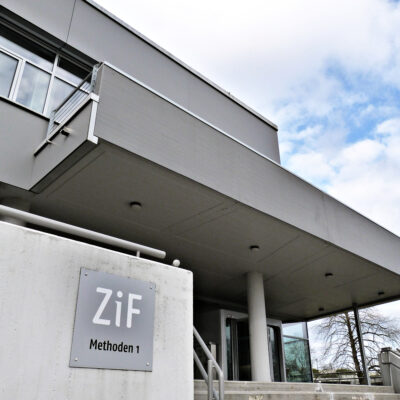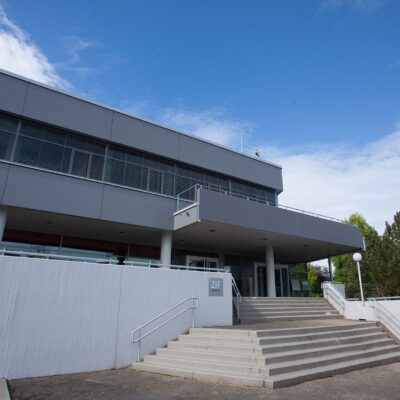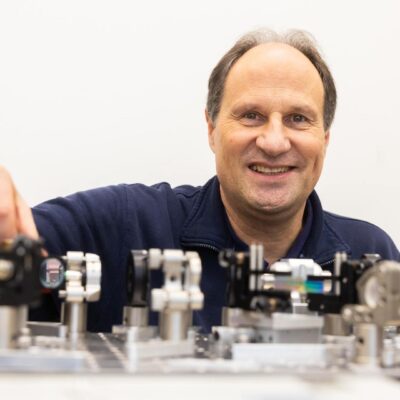Ob Energiekrise oder Klimawandel: Die Gesellschaften in Europa müssen fortwährend mit Herausforderungen umgehen, die sich unbeständig und sprunghaft entwickeln. Wie kann in der Politik trotz komplexer und unsicherer Bedingungen fundiert entschieden werden? Damit befasst sich das Promotionsnetzwerk EPOC, das von der Universität Bielefeld koordiniert wird und in dem sieben Universitäten kooperieren. Die Projektleiter*innen des Netzwerks und die 15 Doktorand*innen kommen vom 28. bis 30. September in der Autonomen Universität Barcelona in Spanien zusammen, um über die laufende Forschung zu diskutieren.
Die Doktorand*innen in dem wirtschaftswissenschaftlichen Promotionsprogramm arbeiten daran, computerbasierte Methoden für die Entscheidungs- und Politikanalyse zu erweitern. „Dafür werden sie in Data Science, Netzwerktheorie, agentenbasierter Simulation und wirtschaftswissenschaftlicher Modellierung ausgebildet und können dieses Fachwissen in ihren individuellen Forschungsprojekten anwenden“, sagt der Wirtschaftswissenschaftler Professor Dr. Herbert Dawid. Er leitet das Promotionsnetzwerk.
We are a global society now and we are still not able to take really global decisions. So I think the biggest challenge is really to develop options to do something not just individually but collectively at a very large scale.
[Music]
Life is complex, [it] really involves a lot of feedbacks, a lot of uncertainties and as scientists we should give additional information to policy makers who have to make decisions in such difficult environments and that’s what EPOC is all about. We want to develop new methods to combine methods from data science agent-based simulation network science and train a new generation of economists who are able to use these tools and to develop new models apply them and then give the kind of background that policy makers need to make good decisions.
[Music]
Normally my everyday activities consist of running simulations getting results and interpreting them being a member of EPOC allows me to work on the research I like but also to apply it in the real life problems and having the opportunity to meet with other researchers and professors means a lot to me.
[Music]
To understand the evolution of the climate or the effect of economic policies on things like carbon emissions in complex dynamic environments it is paramount to be able to make robust and reproducible analysis of huge and complex data sets. This requires sophisticated statistical and data science methods and it requires that we understand how these methods work and what are their theoretical properties. This is in order
to be sure that the conclusions that we reach are in fact the correct answers to the questions that we have.
[Music]
Das Konsortium besteht neben der Universität Bielefeld aus sechs weiteren Universitäten: der Universität Amsterdam (Niederlande), der Autonomen Universität Barcelona (Spanien), der Universität Kopenhagen (Dänemark), der Katholischen Universität Mailand (Italien), der Universität Paris 1 Panthéon-Sorbonne (Frankreich) und der Universität Venedig (Italien). Jede*r Nachwuchsforschende wird von zwei Universitäten aufgenommen und schließt mit einem Doppelabschluss ab.
In den Dissertationen in dem Netzwerk geht es zum Beispiel um Schätzung von Klimarisiken, um staatliche Investitionen und technologischen Wandel sowie Nachhaltigkeit und nachhaltiges Wachstum. Die 15 Doktorand*innen kommen unter anderem aus den Wirtschaftswissenschaften, der Mathematik und der Physik. Sie stellen ihre Forschungsprojekte in Videoclips auf der EPOC-Website vor.
Gefördert wird EPOC als Marie Skłodowska-Curie Innovative Training Network (Innovatives Ausbildungsnetzwerk für den wissenschaftlichen Nachwuchs, ITN) mit 3,98 Millionen Euro durch das EU-Rahmenprogramm für Forschung und Innovation. EPOC steht für Economic Policy in Complex Environments (Wirtschaftspolitik unter komplexen Rahmenbedingungen). Das Netzwerk läuft von 2020 bis 2024.
